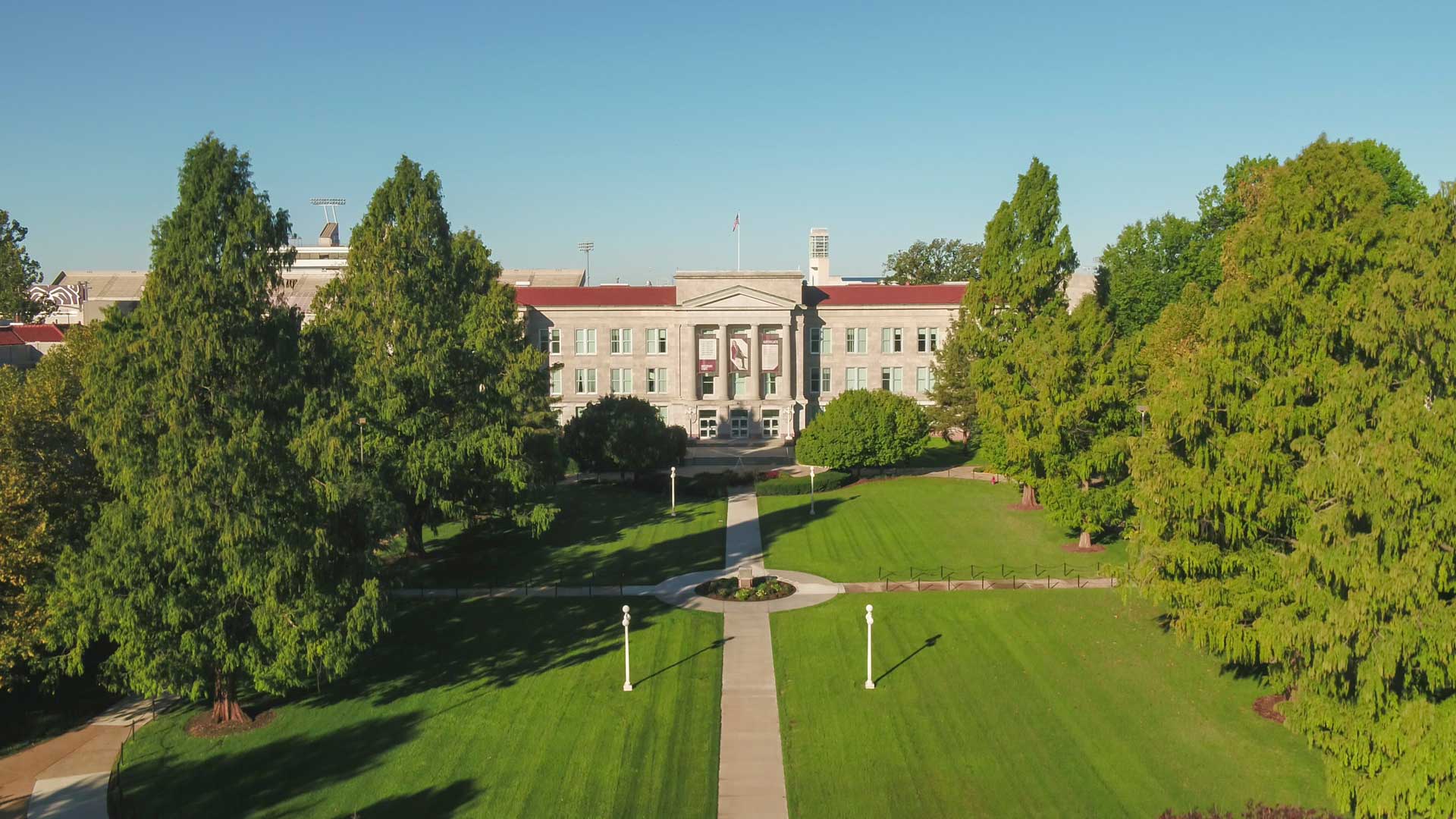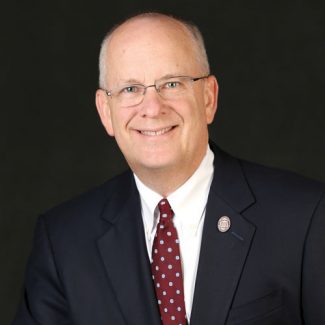In 2002, Missouri State University began offering its first stand-alone doctoral degree: the Doctor of Audiology, or AuD.
We offered cooperative doctoral degrees in partnership with other state institutions, but the AuD was the first doctoral program that was ours alone.
This was a milestone because it reflected our changing status. We were growing in both number of students and number of graduate programs.
In just a few years, we would drop the regional “Southwest” from our name, indicating our increased prominence and prestige.
What are professional doctoral programs?
We now offer four stand-alone doctoral degrees:
- Doctor of Audiology
- Doctor of Nurse Anesthesia Practice
- Doctor of Nursing Practice
- Doctor of Physical Therapy
These are professional doctoral programs, which differ from PhDs.
PhDs heavily emphasize data analysis and the training needed to conduct original research. Professional doctorates emphasize applying research to practical problems.
Professional doctoral students are expected to make a contribution to theory and practice in their field, and add to “profession knowledge.”
Professional doctorates occur in many different fields, including health care, education, business, social sciences and more.
Until recently, the state of Missouri had a statute that limited MSU’s ability to offer professional doctoral programs.
That statute was changed last year, in part because of our advocacy that it be changed.
This is a great opportunity for Missouri State
We believe the next stage of academic development for Missouri State University will be the expansion of our professional doctoral programs.
We are currently working through the approval process for a doctorate in defense and strategic studies.
We also expect to develop a doctorate in occupational therapy in the near future.
There will be many opportunities for Missouri State to establish other professional doctorates in the coming years.
The provost has established a work group to help us prioritize which potential degrees would attract students and faculty, meet the needs of the community, live up to our high academic standards and fit into our university culture.
We will also take into account how we can make these degrees appealing and available to working professionals.
Growth of graduate programs at Missouri State
Missouri State’s graduate programs have grown significantly since 1992. In 2018, more than 3,700 students were enrolled in the Graduate College.
| Degree program | 1992 | 2019 |
|---|---|---|
| Master’s degree options | About 20 | 50+ |
| Graduate certificate programs | 0 | 50+ |
| Specialist degree programs | 0 | 3 |
| Stand-alone doctoral degree programs | 0 | 4
(audiology, nurse anesthesia practice, nursing practice, physical therapy) |
| Cooperative doctoral programs | 0 | 2
(educational leadership, with the University of Missouri-Columbia; pharmacy, with the University of Missouri-Kansas City) |
These programs will benefit students and the state
These degrees will help Missouri State attract students.
They also help the university contribute to workforce development and meet the critical education needs of the state and the nation.
By offering degrees at the highest possible level, we continue to increase the stature of Missouri State.
In short, we believe Missouri State University is ready for a new, exciting role: We want to become the leading state institution for professional doctoral programs.
Let us know your thoughts as we explore even more opportunities for graduate education.



Would any agriculture or work force development degrees be a possibility?